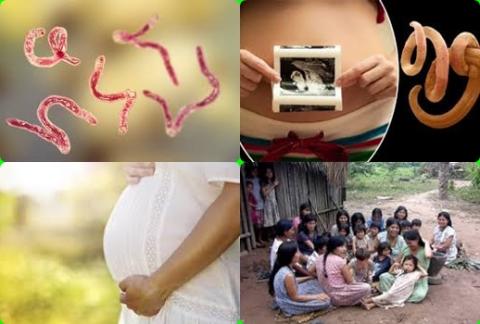
Objectives:
Hookworm is an intestinal parasite that infects nearly 230 million people, with another 5.1 billion at risk, especially in poverty-stricken tropical and subtropical regions. Pregnancy is an especially vulnerable time for hookworm infection because of its effect on both maternal and subsequently fetal health. Therefore, this review article has been conducted.
Does maternal hookworm infection increase risk of maternal anemia and coinfection with malaria?
Study design:
This review article included 62 studies, conducted in sub-Saharan Africa.
There was substantial heterogeneity in the magnitude of association across the studies.
Results and conclusions:
The investigators found the prevalence of hookworm ranged from 1% to 78% in pregnant women, whereas malaria prevalence ranged from 11% to 81%.
The investigators found pregnant women with hookworm infection had a significantly increased risk of 155% for anemia [combined odds ratio = 2.55, 95% CI = 2.20 to 2.96, p 0.001].
The investigators found pregnant women with hookworm infection had a significantly increased risk of 60% for malaria coinfection [combined odds ratio = 1.60, 95% CI = 1.38 to 1.86, p 0.001].
The investigators concluded maternal hookworm infection increases risk of maternal anemia and coinfection with malaria.
Original title:
Maternal Hookworm Infection and Its Effects on Maternal Health: A Systematic Review and Meta-Analysis by Ness TE, Agrawal V, […], Weatherhead JE.
Link:
https://pubmed.ncbi.nlm.nih.gov/32840198/
Additional information of El Mondo:
Find more information/studies on malaria and malnutrition right here.